What else you can learn about Kombucha
1. Shelf life of kombucha
Real unpasteurized kombucha has a shelf life of around 3 to 9 months. After bottling, the entire fermentation process is not stopped immediately. The tea beverage should therefore be stored as cool and dark as possible. This works best in the fridge or in a cool room. Here it is not exposed to external influences and can be stored protected from the sun and heat. Kombucha that is not stored in a cool place will not go bad either. It only tastes more acidic and develops more natural carbonic acid.
2. Kombucha as a vinegar substitute
Kombucha that you accidentally fermented too long at home can be used as a delicious vinegar substitute . It then gets a taste similar to apple cider vinegar.
3. How much alcohol is in Kombucha?
The duration and type of fermentation affects not only the taste but also the alcohol content. Kombucha can contain up to 3% alcohol. In fact, it is usually less. After 14 days of fermentation, the alcohol content is 0.5 to 1%. According to German food law, a drink can be described as "non-alcoholic" if it has a maximum of 0.5% alcohol. Kombucha from KOMBUCHERY usually contains no more than 0.5% alcohol.
4. Kombucha for pregnant women?
Due to the low alcohol content, pregnant and breastfeeding women should play it safe and not drink Kombucha.
5. Kombucha for the immune system
It's hard to believe, but the GALT is located in the intestinal mucosa and is the largest accumulation of important defense cells in our body. Around 70% of the immune cells live here, which stimulate the production of a wide variety of defense cells and at the same time manage to decide between “good” and “bad” substances and allow important nutrients to pass through. The gut is much more than our daily helper in digesting the food we eat. It helps the brain with the immune system and nourishes the brain with a lot of important information. It is all the more important to support the intestines through nutrition and to give it a little help, for example by regularly consuming Kombucha.
6. Ingredients of Kombucha
In just one bottle there can be various amino acids, succinic acid, butyric acid, enzymes, acetic acid, gluconic acid, glucaric acid, catechins and other polyphenols, B vitamins, live lactic acid bacteria . No wonder we always talk about the healthy alternative to conventional soft drinks.
7. Sugar in Kombucha
The added sugar is mainly needed for the microorganisms during fermentation. Yeast and bacteria need sugar as a food source for the metabolic processes. In the end, depending on the type of fermentation, a sugar content of 3 g to 12 g of sugar per 100 ml remains in the bottle. At KOMBUCHERY, we are one of the few manufacturers to keep to the lower limit of 3 g sugar per 100 ml. Nevertheless, our taste does not suffer.
8. Kombucha suitable for children?
Due to the low alcohol content, children should not consume Kombucha daily or too often. A maximum of approx. 125 ml per day is recommended.
9. Kombucha for vegans
No problem! We always talk about living cultures in our kombucha, but our kombucha is vegan and even certified by the Vegan Society.
10. Buy kombucha or brew it yourself?
Of course, both have their advantages and disadvantages. With a little space in the kitchen, a little patience and perseverance, Kombucha can also be made in small quantities at home. As a fermentation beginner, however, sometimes strange tastes can arise in the first attempts. Bought directly from a professional, you always know which taste awaits you. So it depends on how interested you are in fermenting and how much effort and time you want to put into it.

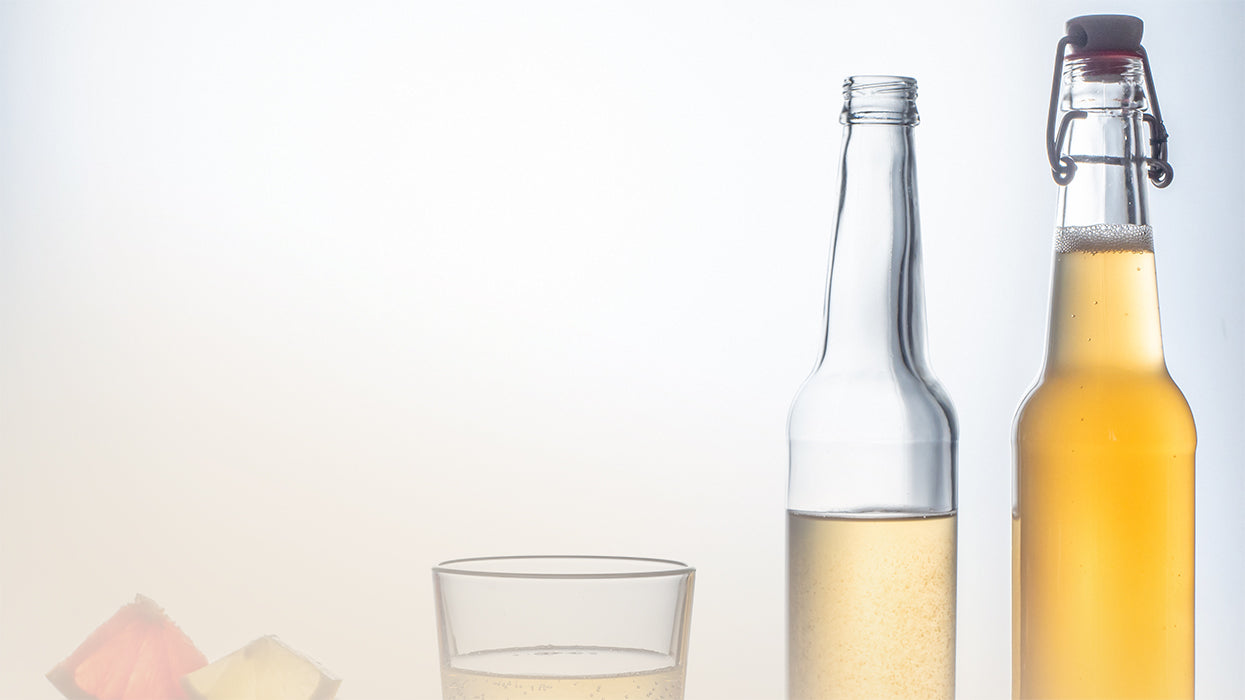




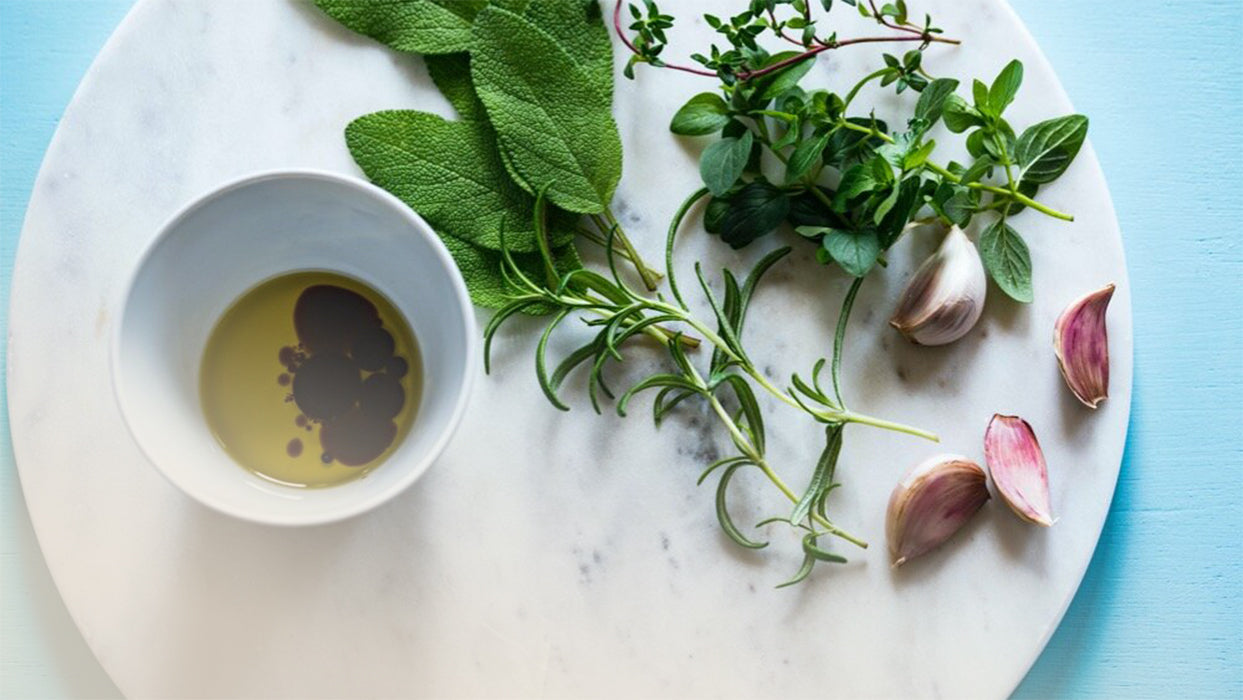


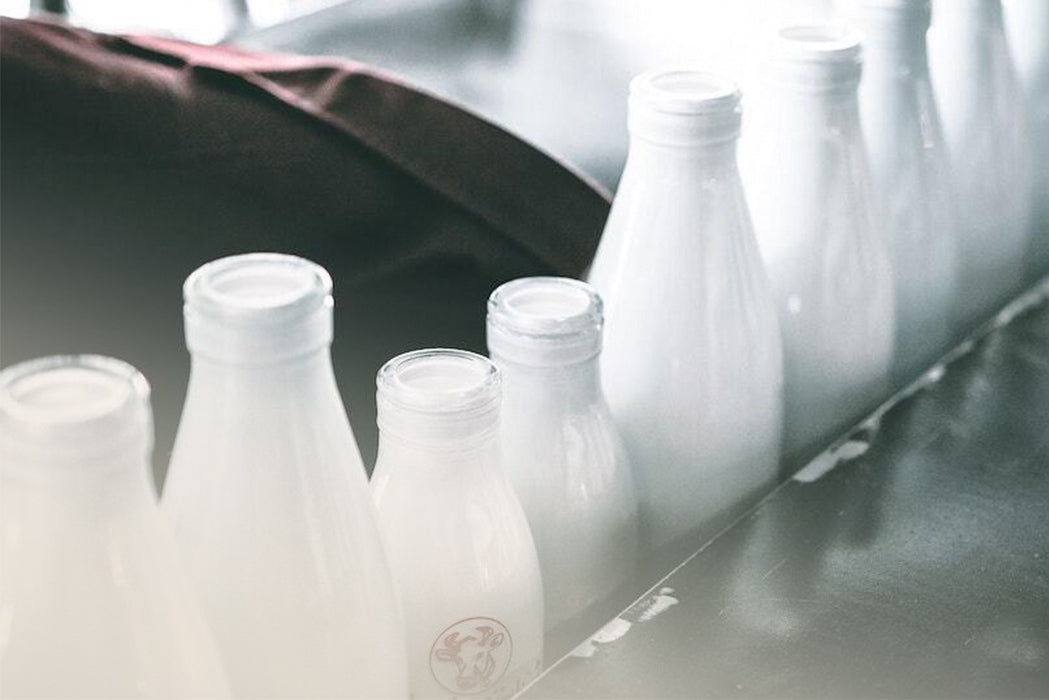
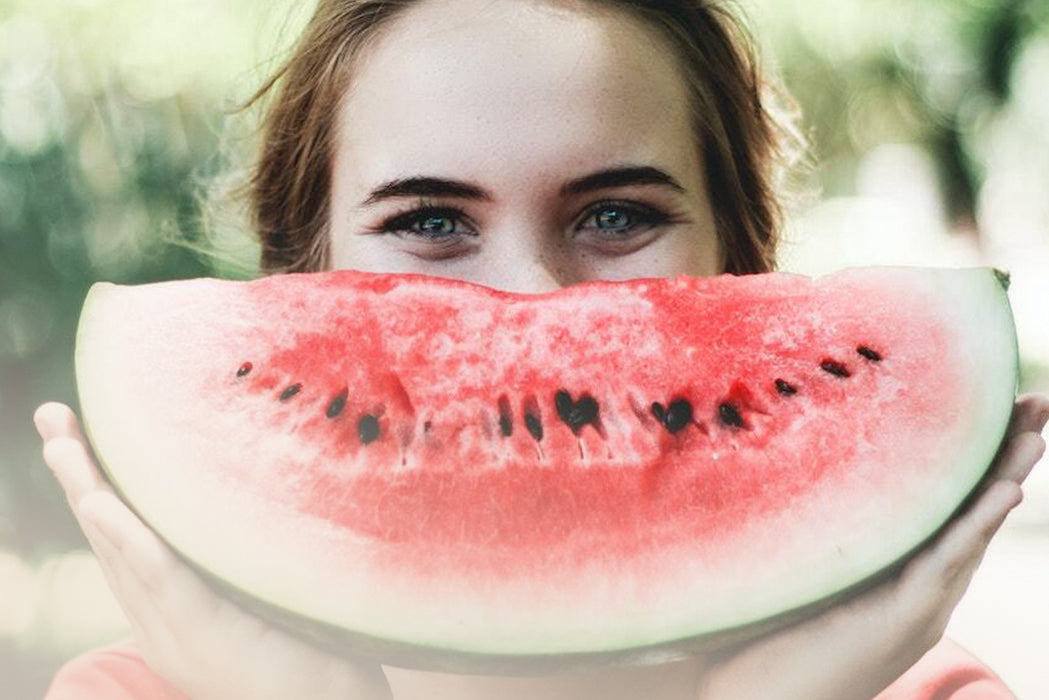
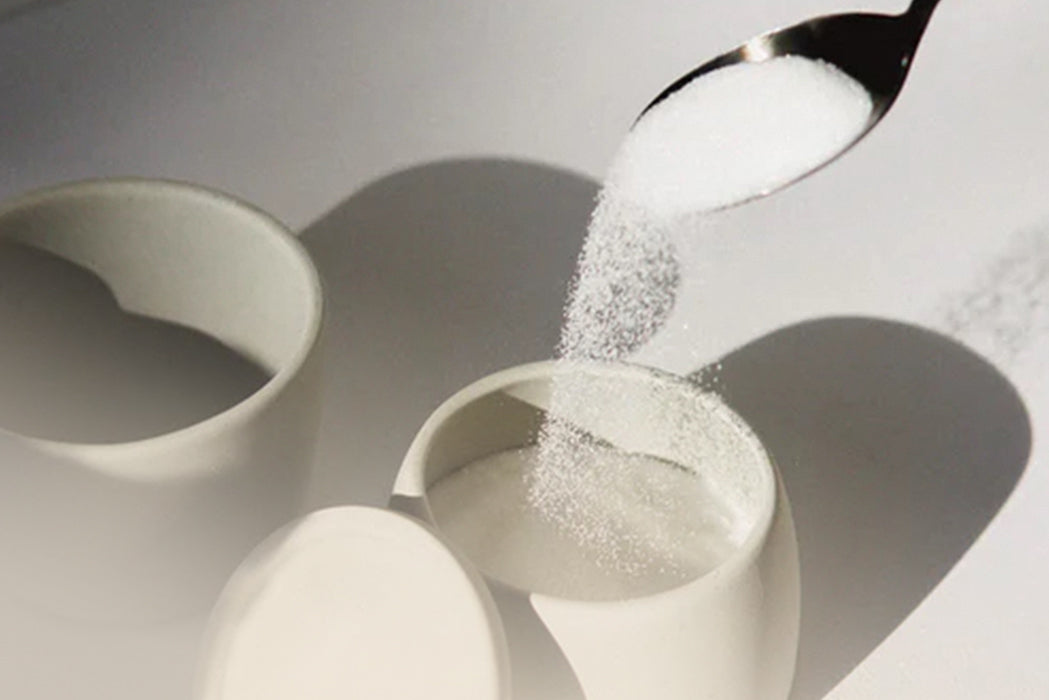
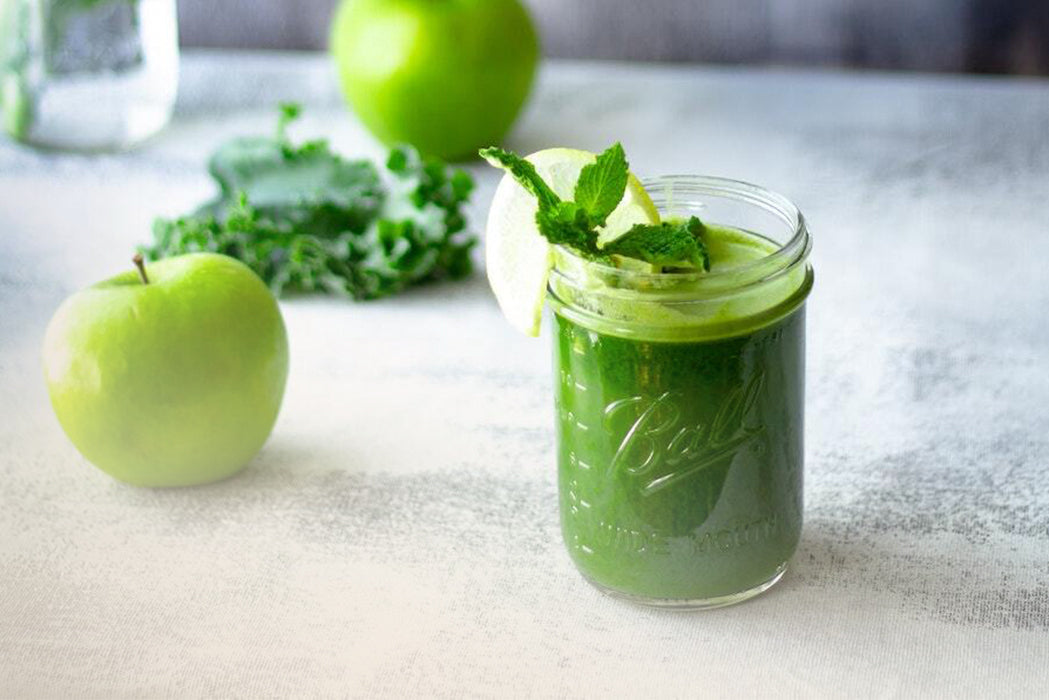
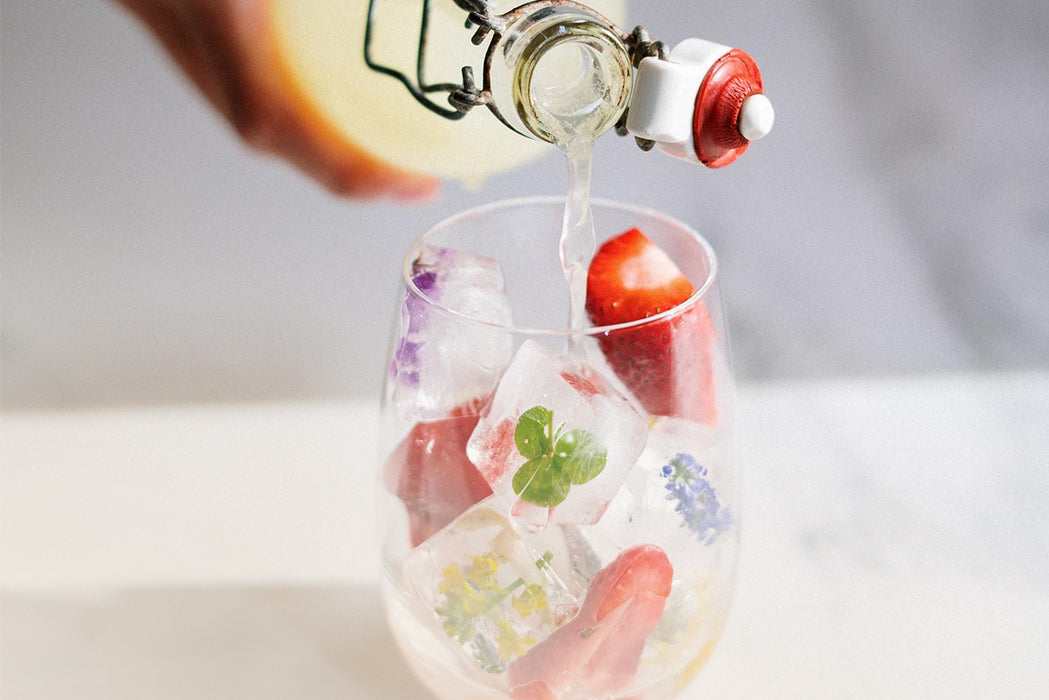
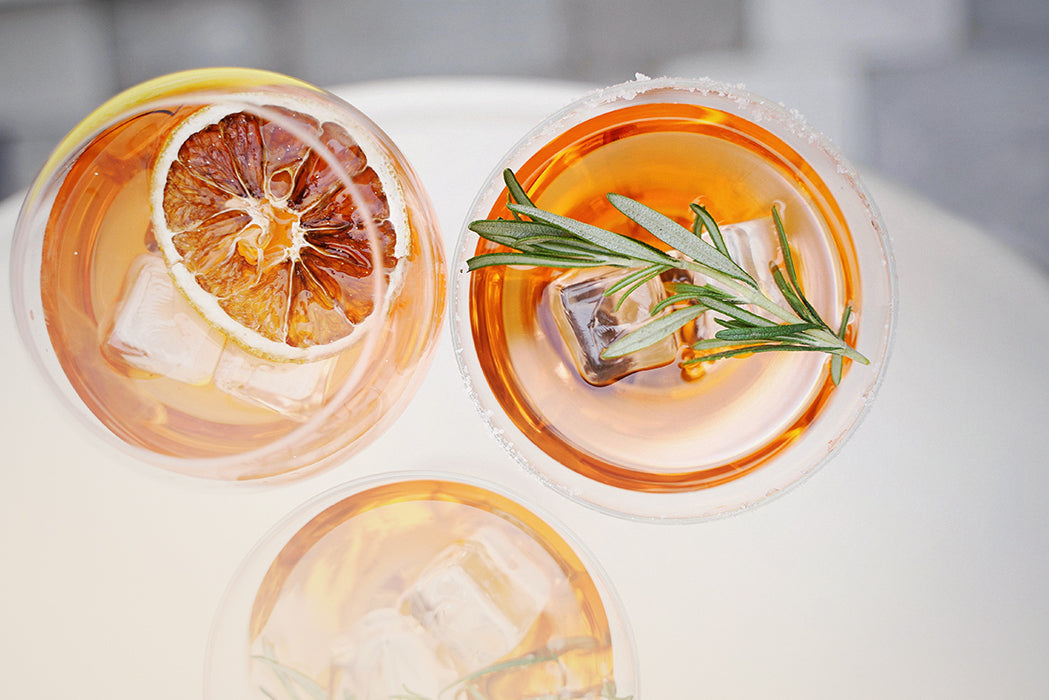
Teilen: